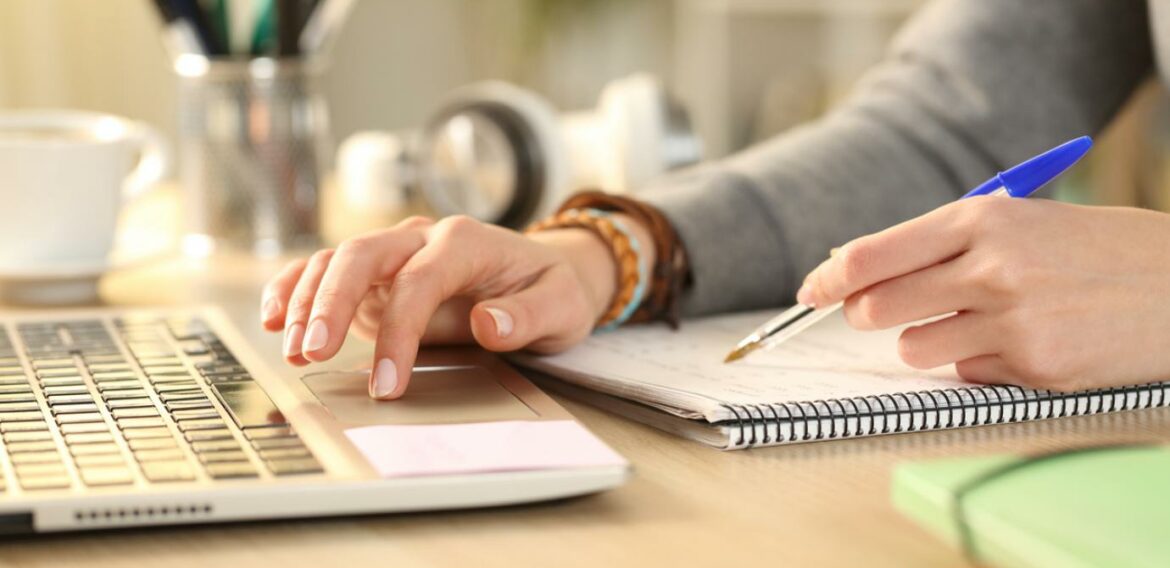- Comfort
- Light
- Grey
- Dark
How do I study and excel ?
Excellence is the source of the verb excel, and the noun of the verb from it is superior, and the passive noun is superior, and the noun is derived from the verb excel, and it means transgression of what is possible, which is to rise and make progress and height in a certain field. When saying: the student surpassed his colleagues; This means that he surpassed them in knowledge or virtue, or he prevailed over them in honour, and this is what parents seek in particular; They work hard to see their children excel in their studies and maintain their level after the exams, and this superiority is only through the practical application of the student’s ideas, and the creation of creative creative ideas, and among the most important methods used to develop excellence is mental focus, mental and physical relaxation, smart questions, and other methods. .
How to study and excel
To achieve academic excellence, there are a set of methods and procedures that the student must follow to achieve this goal, and among these methods are the following:
Develop a study plan, and write a study schedule showing what must be studied and the time allotted for completing the study of each topic; Where it must be ensured that each topic is given its sufficient time, and the topics in which the student faces any difficulty must be given more time than others.
Clearing the mind and mind before starting the study, and thinking positively to increase academic ability and psychological confidence, and not to be distracted and stray during the study.
Controlling negative thoughts that may dominate the student during study, such as: (I will fail the exam), as they must be replaced with positive ones, such as: (I will not make this subject beat me, and I will pass it).
Find a quiet and convenient place to study; Finding a suitable place increases focus during study and reduces mental distraction caused by noise from TV, Internet devices and roommates, and from suitable places to study, the library, and quiet cafes.
Study Smart
There are a set of smart procedures that the student can follow, which are the following:
intermittent study; Because studying for long periods reduces the effectiveness of learning, and makes the student feel bored. Therefore, a break should be taken for 5-10 minutes for every 30 minutes of serious learning.
Marking the important information to be learned by placing an outline, for example, or placing it inside a box; to focus on during the study process.
Re-taking important notes; Repetition of notes increases confirmation and recall of information when needed. Conducting practice exams, competitions, and solving previous years questions; To make sure that all questions are exposed at all levels, and that the material is well studied and mastered.
Integrating all the senses during the study, so that the information is read aloud and written at the same time, as this method helps to memorize and consolidate the information more effectively.
Choosing a simple activity that does not consume the student’s energy and focus while resting, such as: stretching or walking.
Using the linking method, when facing any difficulty while memorizing a piece of information, the method of linking with certain words or phrases can be resorted to to remain firmly in the memory. Teaching someone else what has been studied and learned, and this method is one of the most wonderful methods that establish and fix the information in the mind well.
There are some procedures and steps that make the student smart in his studies, and these steps are as follows:
Preparing the student for school, through proper nutrition and breakfast, as it has a positive impact on academic focus.
Adherence to the laws set by the teacher during the study, as the student who does not abide by these laws and instructions may expose himself to making mistakes that will in turn affect his grade in the exam.
study constantly; That is, go ahead and not accumulate the material until before the exam. Complete assignments on time.
Go to bed early, teens need at least 8 hours of sleep a day.
Tips for taking exams
Preparation before the exam There are some skills that the student must acquire before taking the exam, in order to obtain distinguished grades and a high level of results. The following is a presentation of the most important of these skills:
Prepare for the exam, by knowing the exact time of the exam, and a schedule of exam dates can be made. Confidence in God, first, and then trust in his abilities. Before going for the test, the student must study well and take the reasons. Study regularly, and pay attention to the teacher’s notes and explanations.
Do not be embarrassed to ask the teacher about anything vague or unclear.
Understand the curriculum completely and not overlook or neglect any information. The student should repeat the phrases and questions that motivate him to be motivated and effective in studying and progressing, such as saying: (How will I get a grade of 98 in this subject).
Pick good friends, and stay away from bad classmates. Solve previous years and chapters questions.
Study the licenses that have been developed by the teacher. Avoid a lot of stimulant drinks. Take experimental and diagnostic exams before the time of the exam, to ensure the extent to which the request is made of the material and to address weaknesses before it is too late.
Repeating motivational phrases before bed, such as saying (the material is simple and easy); Because these phrases play a major role in changing the psychology of the student for the better, as they reduce feelings of anxiety and fear. Relax and get enough sleep, because fatigue and lack of sleep lead to distraction and lack of focus.
While taking the exam
With regard to the instructions to be followed while applying for the exam, they are numerous, including the following:
Start by solving the easy questions and then the least easy ones. Optimism about getting a high result. Not to leave before the time allotted for the exam expires, as all time must be used by reviewing the solution and making sure of the answers.
Write the answers in a clear and neat handwriting. Write only what is required in the question.
Be patient with the solution, but not to the point of slowness; Where each question must be given its right to solve and think.



 العربية
العربية